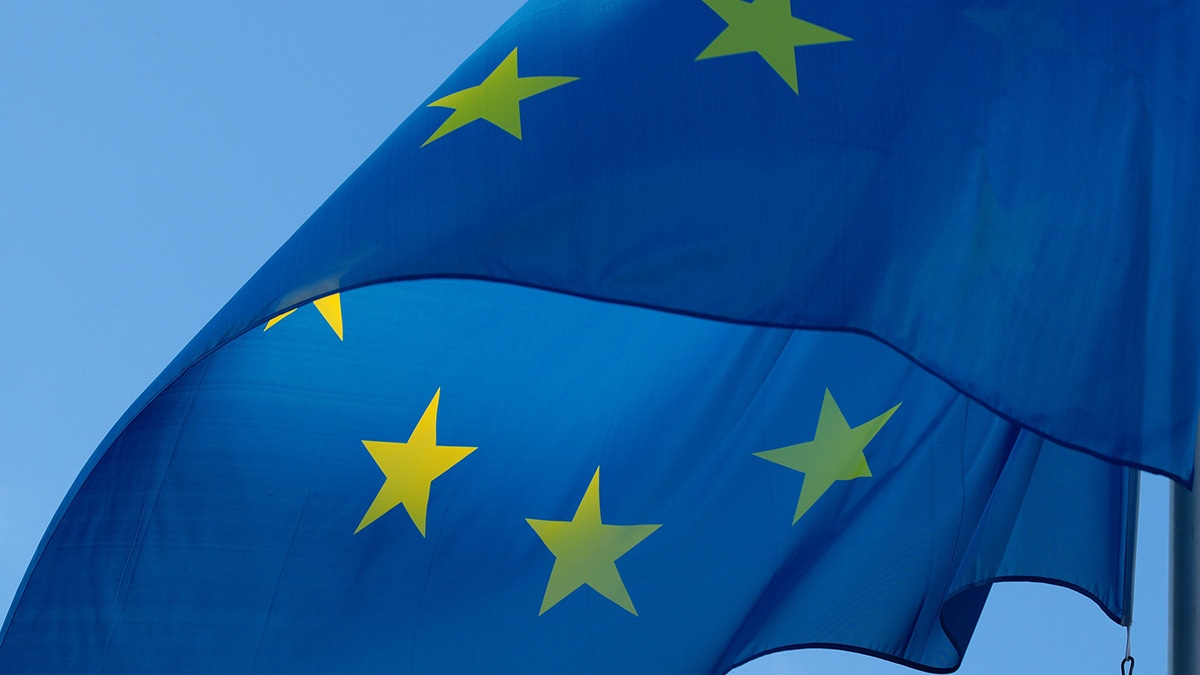Trending
Opinion: How will Project 2025 impact game developers?
The Heritage Foundation's manifesto for the possible next administration could do great harm to many, including large portions of the game development community.
The $68.7 billion merger is currently being investigated by the European Commission.

Microsoft will attend a hearing with EU regulators on February 21, 2023, to defend its proposed Activision Blizzard deal.
The $68.7 billion merger is currently being investigated by the European Commission over concerns it could reduce competition within the game industry.
In January, it was reported that Microsoft would be hit with an EU antitrust warning over the deal, placing another regulatory hurdle in the path of the Xbox maker.
Now, Microsoft has confirmed to Reuters that it asked for the hearing after it received a statement of objections from the European Commission listing the potential anti-competitive effects of the deal.
The closed hearing will give Microsoft a chance to defend the move in front of EU regulators, with the company having repeatedly stated that it wouldn't be able to swiftly disrupt the status quo post-merger because it has already pledged to keep franchises like Call of Duty on rival platforms for up to a decade.
Microsoft continues to argue that its main competitor Sony is the dominant force within the game industry by some margin, telling regulators that any fears it would be able to suddenly outmuscle the PlayStation maker post-merger are misplaced.
The Xbox maker, however, also believes that Sony has been misleading the EU over the potential impact the acquisition could have on the availability of Call of Duty on PlayStation platforms.
"We’ve been clear we’ve offered Sony a 10 year deal to give them parity on timing, content, features, quality, playability, and any other aspect of [Call of Duty]," said Microsoft communications lead Frank X. Shaw last month. "We’ve also said we’re happy to make this enforceable through a contract, regulatory agreements, or other means.
"Sony is the console market leader and it would defy business logic for us to exclude PlayStation gamers from the Call of Duty ecosystem. Our goal is to bring Call of Duty and other games—as we did with Minecraft—to more people around the world so they can play them where and how they want."
Microsoft's regulatory woes aren't limited to the EU. The company is struggling to push its Activision Blizzard merger through in other key regions, including the United States and UK, with regulators in those countries having also voiced concerns about how the deal might impact rival hardware makers and those in the game streaming space.
You May Also Like